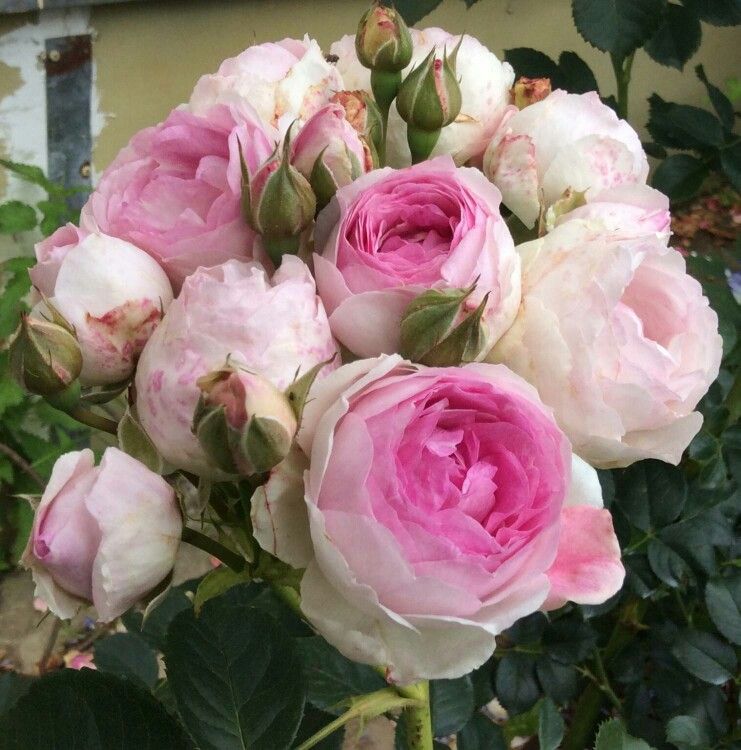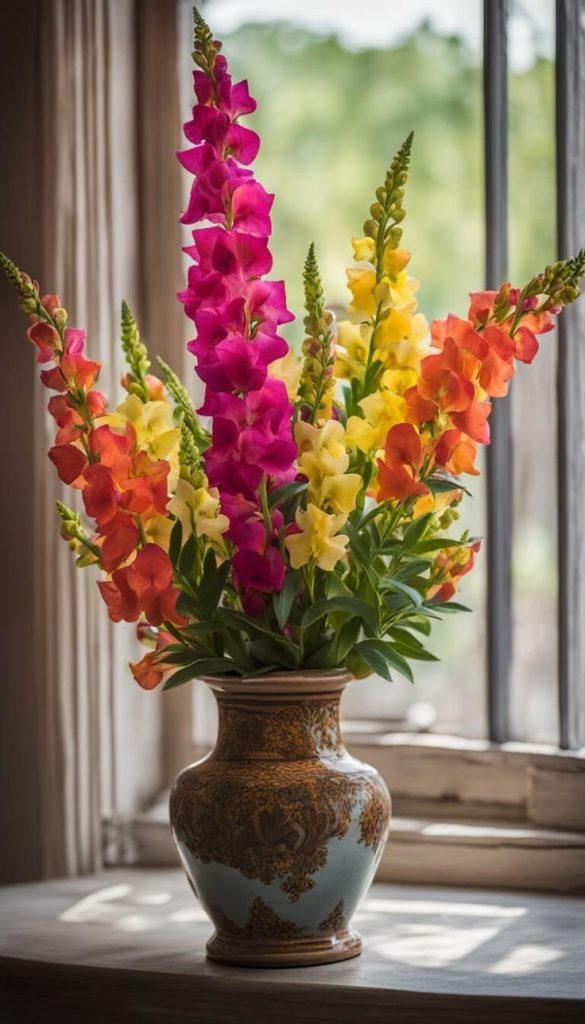Roses are often considered the queens of the garden, admired for their beauty, fragrance, and symbolism. However, growing roses can be a bit challenging for beginners and seasoned gardeners alike. With the right care and attention, you can cultivate healthy, vibrant roses that will be the envy of the neighborhood. Here are essential tips to help you grow roses successfully.










Understanding Rose Types:
- Choose the Right Rose: There are various types of roses, including hybrid teas, floribundas, grandifloras, and shrub roses. Select a rose variety that suits your climate, soil type, and garden space.
Site Selection and Planting:
- Sunlight: Roses thrive in full sun, so choose a location that receives at least 6-8 hours of direct sunlight daily.
- Soil Preparation: Roses prefer well-drained, fertile soil with a pH of 6.0-6.5. Incorporate organic matter like compost or aged manure into the soil before planting.
- Planting Depth: When planting bare-root roses, ensure the graft union (the knobby part where the canes meet the roots) is 2-3 inches below the soil surface. For container-grown roses, plant them at the same depth as they were in the pot.
Watering and Feeding:
- Watering: Water roses deeply and infrequently, aiming to keep the soil evenly moist but not waterlogged. Use a soaker hose or drip irrigation to deliver water directly to the roots and avoid wetting the foliage.
- Fertilizing: Feed roses with a balanced fertilizer formulated for roses in early spring when new growth appears and again in late spring or early summer. Avoid over-fertilizing, which can lead to excessive leaf growth at the expense of flowers.
Pruning and Maintenance:
- Pruning: Prune roses in late winter or early spring to remove dead, diseased, or damaged wood and shape the plant. Pruning encourages new growth and improves air circulation around the plant.
- Deadheading: Remove spent flowers regularly to encourage continuous blooming and prevent the plant from wasting energy on seed production.
Pest and Disease Management:
- Pest Control: Monitor your roses regularly for signs of pests like aphids, thrips, or Japanese beetles. Use insecticidal soap, neem oil, or other organic insecticides to control pests without harming beneficial insects.
- Disease Prevention: To prevent fungal diseases like black spot or powdery mildew, avoid overhead watering, maintain good air circulation around plants, and remove and dispose of infected leaves promptly.
Winter Care:
- Mulching: Apply a layer of organic mulch like straw, wood chips, or pine needles around the base of the plant to insulate the roots and protect them from temperature fluctuations.
- Winter Protection: In cold climates, consider wrapping the base of the rose with burlap or using rose cones to protect the plant from freezing temperatures.
Conclusion:
Growing roses successfully requires a combination of proper site selection, planting, watering, fertilizing, pruning, and pest and disease management. With these essential tips in mind, you can cultivate healthy, beautiful roses that will reward you with stunning blooms throughout the growing season. So, roll up your sleeves, put on your gardening gloves, and start growing roses that will be the pride of your garden!